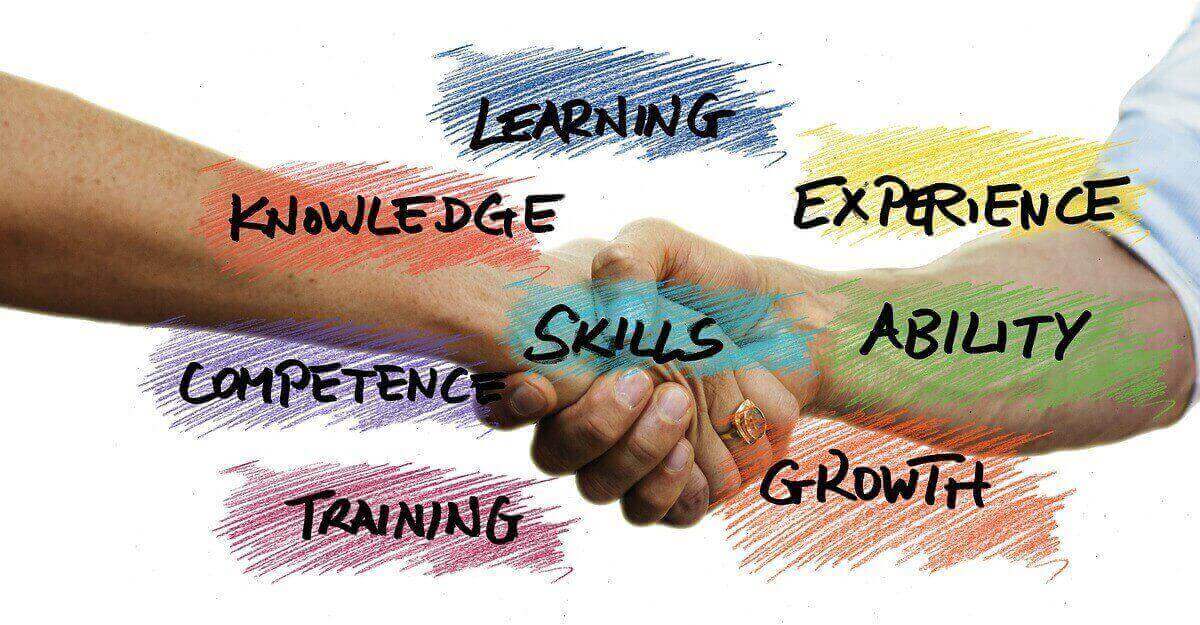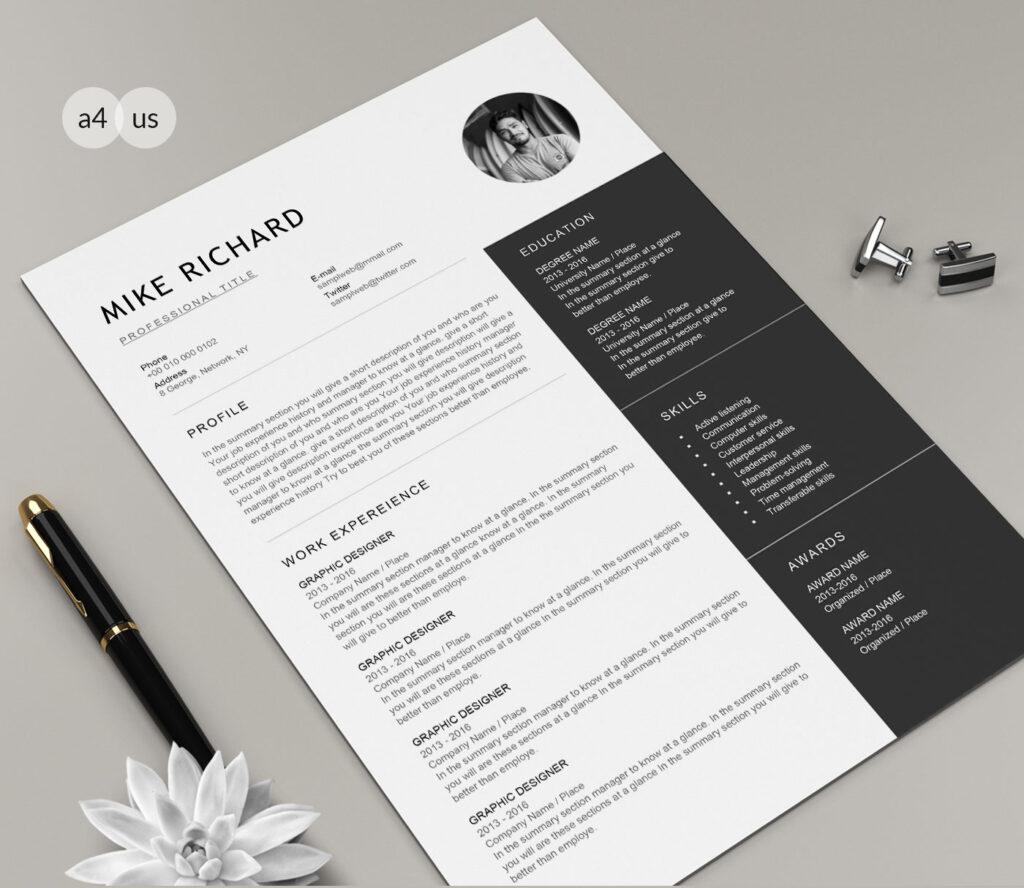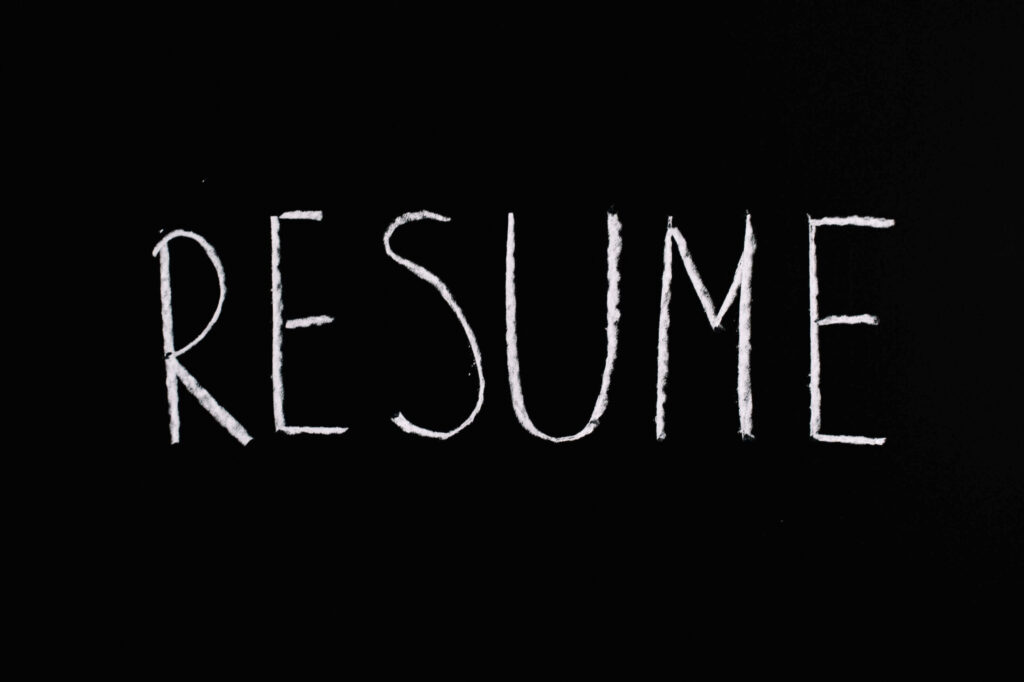Soft skills refer to a person’s ability to interact effectively with others, communicate well, and work efficiently in a team. When crafting a resume, it’s natural to focus on your qualifications and technical abilities. However, in today’s job market, employers are looking for more than just technical expertise. Soft skills, or personal qualities that allow individuals to interact effectively with others, are increasingly important in the workplace. In fact, a recent study found that 77% of employers believe that soft skills are just as important as technical skills. So, if you want to stand out from the competition and impress potential employers, it’s crucial to showcase your soft skills on your resume.
What Are Soft Skills?
Before we dive into the importance of showcasing soft skills on your resume, let’s take a moment to define what we mean by soft skills. Soft skills are personal qualities that allow individuals to interact effectively with others. These skills are typically not related to a specific job or task, but they play a crucial role in the workplace. Some examples of soft skills include:
- Communication skills
- Problem-solving skills
- Teamwork
- Leadership
- Time management
- Adaptability
- Creativity
Unlike technical skills, which are job-specific and can be taught through training or education, soft skills are more difficult to quantify and measure. However, they are just as important in the workplace, if not more so, as they contribute to a positive work environment, better collaboration, and higher productivity.
Why Are Soft Skills Important?
Now that we’ve defined what we mean by soft skills, let’s explore why they are so important in the workplace. Soft skills are important for a variety of reasons, including:
Helps you stand out from the crowd:
In today’s competitive job market, having a degree or technical skillset isn’t always enough. Employers are looking for candidates who have the right mix of technical expertise and soft skills. By highlighting your that on your resume, you’re showing potential employers that you’re well-rounded and can bring more to the table than just technical knowledge.
Soft Skills Enhance Your Employability:
Adding soft skills in your resume can enhance your employability. Employers look for candidates who have a combination of technical and soft skills. Soft skills like problem-solving and leadership show that you are capable of taking charge and making decisions. Employers want employees who can work independently, take initiative, and lead teams. Adding soft skills in your resume can make you stand out from other candidates and increase your chances of getting hired.
Soft Skills Complement Technical Skills:
Technical skills are specific skills that are required to perform a particular job. For example, if you are a software developer, you need to have technical skills like coding, programming, and debugging. However, having technical skills alone is not enough. Soft skills complement technical skills and make you a well-rounded professional. Soft skills like communication and teamwork are essential for collaborating with team members, presenting ideas to clients, and building relationships with stakeholders.
Soft Skills Demonstrate Your Professionalism:
Adding soft skills in your resume demonstrates your professionalism and work ethic. It shows that you are committed to being a team player, dedicated to achieving results, and willing to take on new challenges. Employers want to hire individuals who are not only knowledgeable but also professional and courteous. Soft skills like communication, adaptability, and emotional intelligence demonstrate that you have the interpersonal skills needed to work with different personalities and resolve conflicts in the workplace.
Showcase your Collaboration skill:
: In today’s workplace, collaboration is essential. Most jobs require individuals to work with others, whether that’s coworkers, clients, or vendors. Soft skills like communication and teamwork are critical to building strong relationships and ensuring that everyone is on the same page. Employers want to hire people who can work well in a team environment. By highlighting your teamwork skills, you’re demonstrating your ability to collaborate with others to achieve common goals. This is particularly important in industries like tech or healthcare where teamwork is vital for project success.
Showcase your Adaptability:
The world is constantly changing, and the workplace is no exception. Soft skills like adaptability and flexibility are crucial for individuals to be able to adjust to new situations and environments.
Showcase your leadership abilities:
Even if you’re not in a formal leadership position, leadership skills are important for every employee. Good leaders can motivate and inspire their teams to perform at their best. They can set clear goals and expectations, and provide guidance and support to help employees reach their full potential. Soft skills like decision-making, problem-solving, and delegation can help individuals take charge and make a positive impact on their team.
Enhance your Productivity:
Soft skills like time management, organization, and prioritization can help individuals be more productive and efficient in their work.
Helps in Career Advancement:
Finally, showcasing your soft skills can help you advance in your career. Employers are looking for individuals who can lead and collaborate effectively, and showcasing your soft skills on your resume can help you stand out from the competition.
Enhance Problem-solving skill:
Strong problem-solving skills enable employees to identify issues and come up with effective solutions. This can help to prevent problems from escalating, and can save time and resources in the long run.
Soft Skills Show Your Cultural Fit:
Culture fit is an important factor that employers consider when hiring new employees. Employers want to hire individuals who share their values, beliefs, and work ethic. Soft skills like teamwork, adaptability, and communication show that you are a good fit for the company’s culture. Adding soft skills in your resume can help you demonstrate that you share the company’s values and can work effectively with its team members.
Why Soft Skills Matters?
Soft skills are personal attributes that enable you to interact effectively and harmoniously with other people. They include things like communication, teamwork, problem-solving, leadership, adaptability, and time management. These skills are important because they can help you work effectively with others, manage your own time and tasks, and adapt to new situations.
How to Showcase Your Soft Skills on Your Resume?
Now that we understand why soft skills are important, let’s explore how to showcase them on your resume. Here are a few tips to help you highlight your soft skills:
Identify your soft skills:
Start by making a list of your soft skills. Think about the personal attributes that have helped you succeed in your past roles, and consider which skills are most relevant to the job you’re applying for. Make sure you can provide specific examples of how you’ve demonstrated each skill.
Use keywords:
Many employers use applicant tracking systems (ATS) to screen resumes. To ensure that your resume gets through the initial screening process, use keywords related to the soft skills you possess. Look at the job description and identify the soft skills that the employer is looking for, and incorporate them into your resume.
Use specific language:
When describing your soft skills on your resume, use specific language that highlights your achievements. For example, instead of simply saying “team player,” you could say “collaborated with cross-functional teams to deliver projects on time and within budget.” This demonstrates how you’ve used your teamwork skills to achieve specific goals.
Use Examples:
Don’t just list your soft skills on your resume; provide specific examples of how you have used them in the past. For example, if you’re highlighting your communication skills, provide an example of a time when you effectively communicated with a team to achieve a common goal.
Use Action Verbs:
When describing your soft skills, use action verbs to make your resume more engaging. For example, instead of saying “I have strong communication skills,” say “I collaborated with a team to develop a successful marketing campaign, which required strong communication skills.”
Tailor your resume to the job:
When adding soft skills to your resume, make sure you tailor your resume to the job you’re applying for. Highlight the skills that are most relevant to the role, and provide examples that demonstrate your ability to perform the required tasks.
Highlight your soft skills in your cover letter:
Your cover letter is another opportunity to showcase your soft skills. Use specific examples to illustrate how your skills and experience make you the ideal candidate for the job.
Customize Your Resume:
Finally, customize your resume to the job you’re applying for. While it’s important to highlight your soft skills in general, you should also tailor your resume to the specific job you’re applying for.
In conclusion
Overall, soft skills are essential for enhancing productivity in the workplace. By improving communication, teamwork, adaptability, leadership, time management, and problem-solving skills, employees can work more efficiently and effectively, which can lead to better outcomes for themselves and their organizations. Including soft skills on your resume is essential in today’s job market. Soft skills are highly valued by employers, and can help you stand out from the competition. By identifying your soft skills, using specific language, including examples, tailoring your resume to the job, and highlighting your skills in your cover letter, you can effectively showcase your soft skills and increase your chances of landing your dream job.







